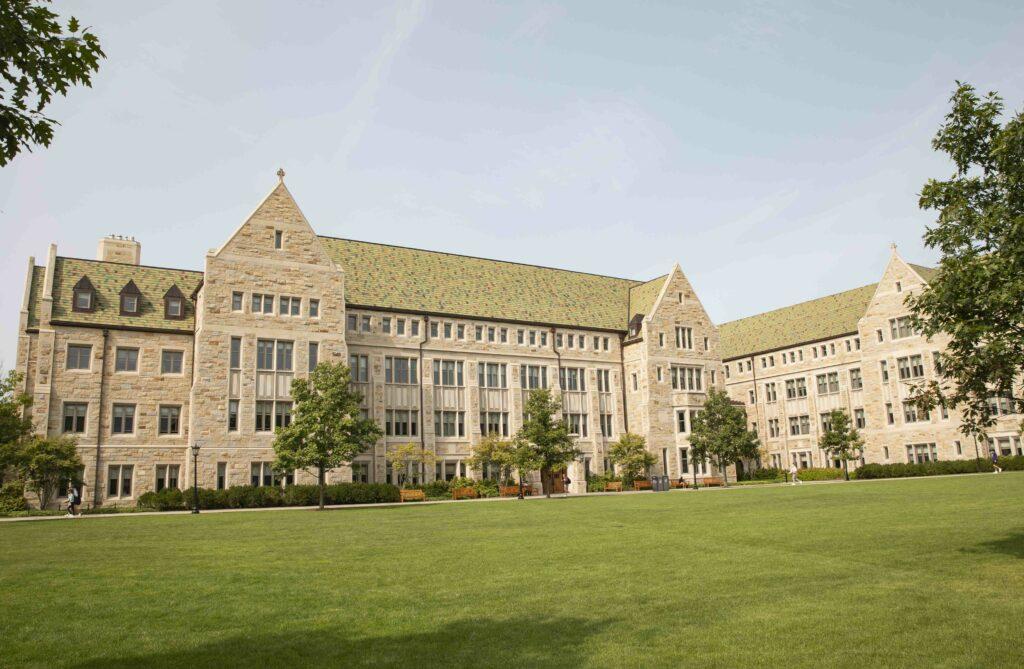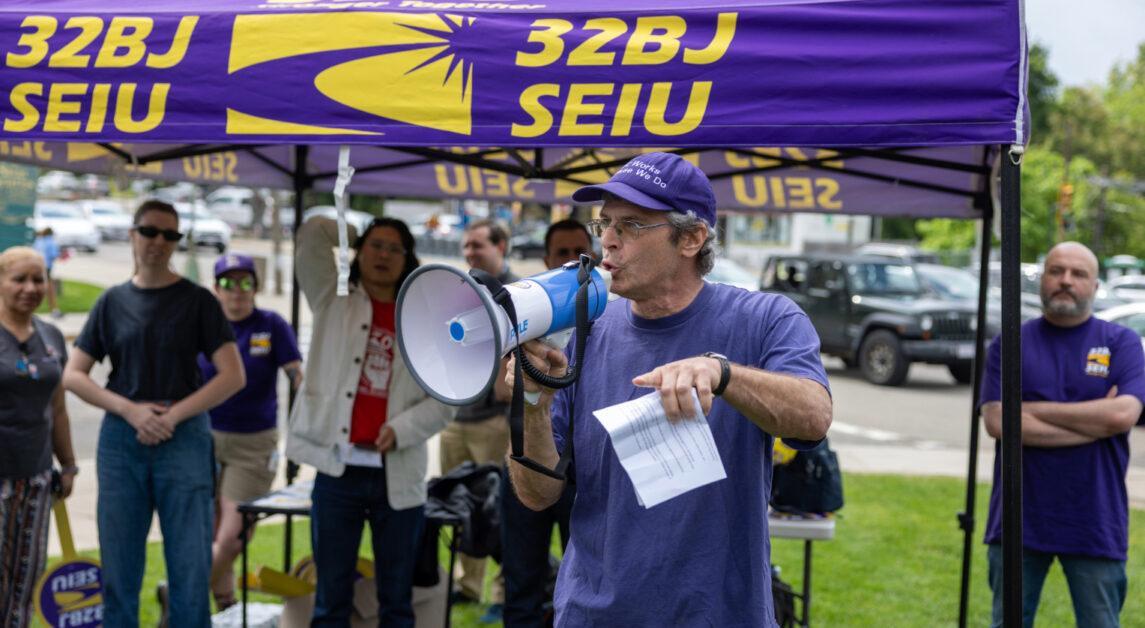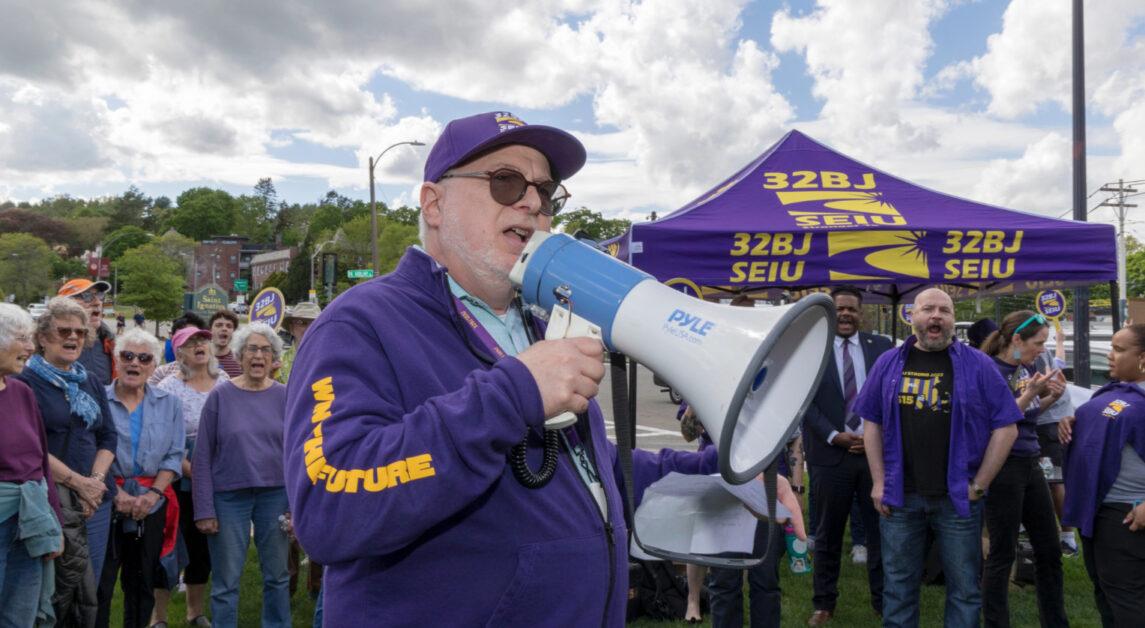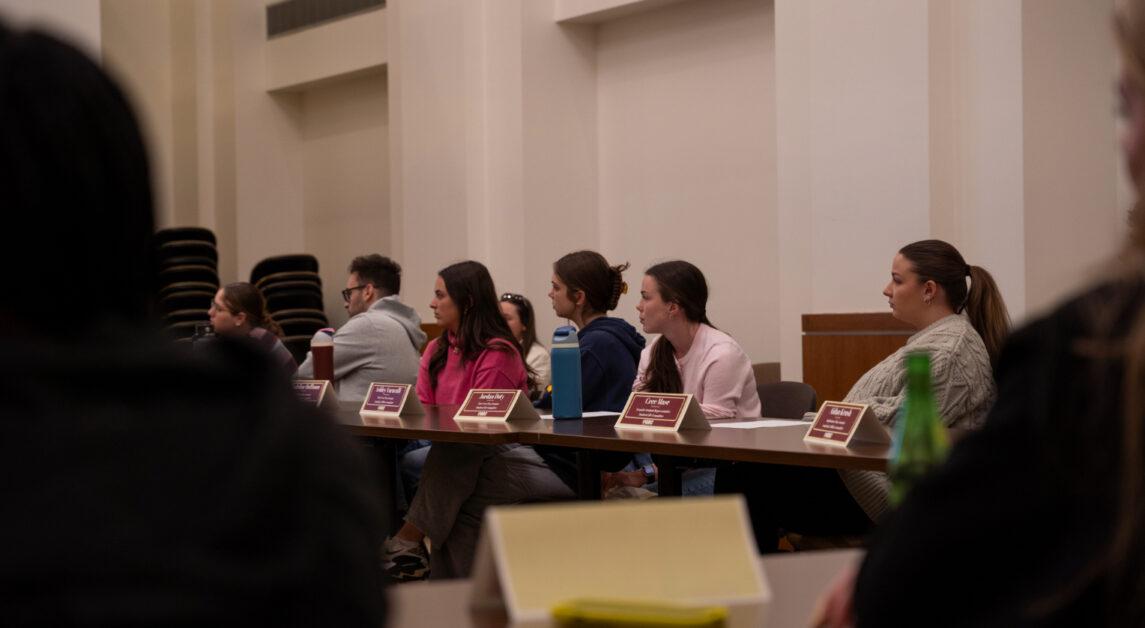“A great day is to see your work come alive,” said Chernova, BC ’00.
Three BC alumni spoke about their careers in international affairs in a Zoom webinar on Wednesday titled “Making an Impact in International Affairs,” as part of the University’s Careers in International Affairs Week.
“I really felt like at BC we had the flexibility to really pursue our interests, you know, both in the classroom and outside the classroom,” said Alexandra Saieh, advocacy adviser at the Norwegian Refugee Council and BC ’09.
Chernova said that BC’s emphasis on public service and tackling modern-day issues helped to guide her future career. She also said that the support she received in terms of student development and exploring career opportunities aided her entry into the international affairs sector.
“If there wasn’t that kind of support to seek out those opportunities both academic and on the student development side, I think, in my case, there’s no way I would have been able to to proceed,” Chernova said.
Noémie Hailu, program manager of justice and security dialogue at the U.S. Institute of Peace and BC ’08, credited BC’s external study abroad programs, the Boston Consortium for Higher Education, and extracurricular groups such as the anti-racism group FACES for igniting her interest and career in international affairs.
Hailu also attributed this interest to her Ethiopian and American nationalities.
“I think, since I was a child, I knew I wanted to work internationally because of my parents’ experience,” she said. “I’m half Ethiopian on my father’s side, my mom is American, and if it hadn’t been for a revolution in Ethiopia, then I probably would have grown up there. … I felt a connection and have always sought that out, and I knew I wanted to work internationally.”
Chernova also said that her family heritage influenced her career choice. Until recently, her work focused on Eurasia, as her parents were former dissidents in the Soviet Union.
Chernova said that she was stateless upon entering BC, finally gaining citizenship during her senior year of college. She credited much of her interest in international studies to learning more about politics and nationality throughout the naturalization process.
Saieh said that, as an Arab-American entering college four years after the Sept. 11 attacks, she was especially interested in Middle Eastern policy. While at BC, she began taking Arabic classes and applied for the International Studies program.
“The summer of my sophomore year, I actually traveled to Palestine to study Arabic at one of the local universities there,” Saieh said. “That’s when I started doing some volunteering with grassroots organizations there, and started to slowly learn about some of the humanitarian work taking place, development work taking place. And then when I came back to BC the following year, I continued to pursue those interests.”
Saeih also helped organize sociology professor Eve Spangler’s inaugural trip to Palestine in 2009, where she was one of the first student attendees. Spangler teaches Human Rights and Social Justice in Israel and Palestine, a class in which students join her on a month-long immersion trip to Palestine in January each year.
The panelists then addressed the impact of the COVID-19 pandemic on their work.
“In the countries and complex that [the Norwegian Refugee Council] works in, COVID has only exacerbated existing humanitarian crises and … many of the people that we serve are much more concerned about making ends meet than whether they catch COVID,” Saeih said.
Chernova said that in several countries there is a stigma around people who are traveling and may be carrying the disease. With the impact of fake news, there have been issues surrounding trust of organizations that are perceived to be Western and foreign, she said.
“It has impacted every way that we work, both in the way that we deliver assistance, but then also, for people like me, Anna, Naomi, the way we do our policy and advocacy and influencing as well,” Saeih said.
The panelists encouraged students interested in pursuing a career in international affairs to study abroad, network, become proficient in a second language, and be careful of their digital footprint.
“Especially BC students, we’re overachievers, and so there might be a checklist or something that you think you need to follow, or milestones that you set for yourself,” Hailu said. “But really, if this is a career that you want to do and you have a vision for yourself, there is no wrong step, and you can always pivot and take what you learn from anything. … Be easy on yourself and as long as you keep that end goal, any step you take will lead you towards that.”
Featured Image by Maggie DiPatri / Heights Editor







